In today's fast-paced world, societal norms dictate much of our behavior, often labeling harmless activities as unacceptable. While some of these taboos are rooted in cultural or historical contexts, others seem to defy logic, reflecting changing attitudes and increasing societal pressures. Let’s take a look at 19 everyday behaviors that, for one reason or another, society has deemed unacceptable.
Public Resting
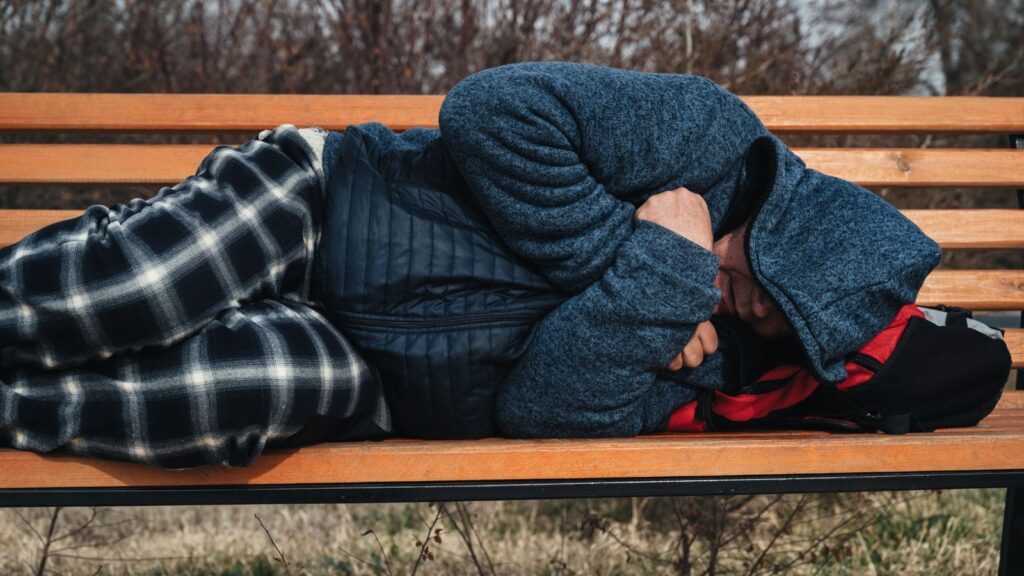
Sitting or lying down in public spaces, like parks or sidewalks, is frequently viewed with suspicion, and judgment. This simple act can lead to assumptions about a person's socio-economic status or intentions, and many passers-by might assume that someone lying down in public is homeless or under the influence of drugs and alcohol when they may just be resting.
Avoiding Small Talk

Not engaging in small talk, especially in social or work environments, can be perceived as being rude or unfriendly. But this isn’t always the case, as many people simply prefer meaningful conversations over casual chitchat.
Talking About Money

Discussing salaries, debts, or financial struggles remains a taboo topic, and this silence can perpetuate financial illiteracy and anxiety. The fact is that everyone needs to use money in society, whether it is to pay for bills, services, or food, yet the stigma of talking about it persists.
Openly Discussing Religion or Politics
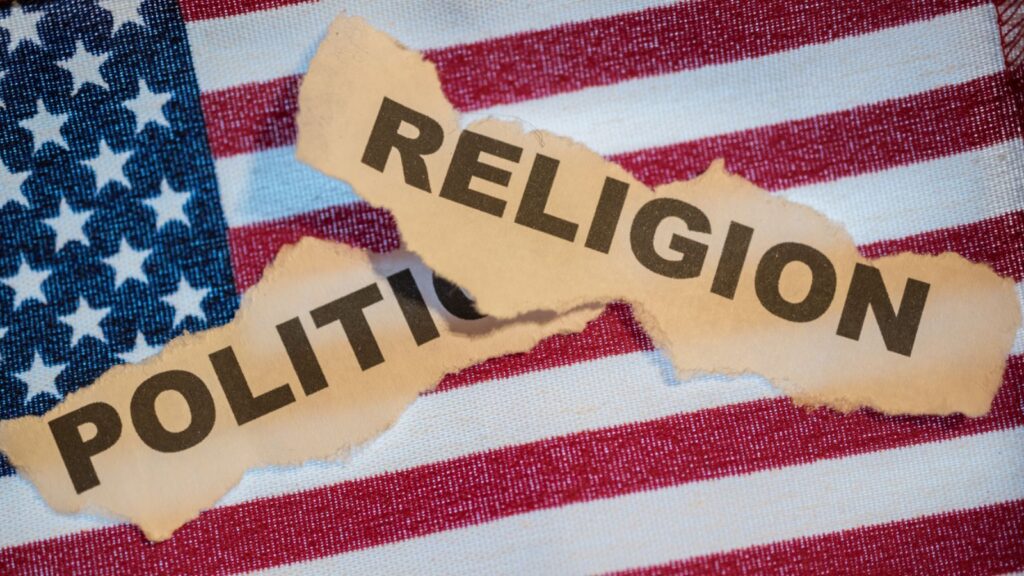
Talking about religion or politics, especially in mixed company, is frequently avoided to prevent conflict. But, these discussions are essential if we want to cultivate understanding and empathy in our diverse society. The only caveat is that these types of conversations need to be had in a sensitive, empathetic manner, as many of the themes and topics are deeply personal and triggering for some.
Opting Out of Parenthood
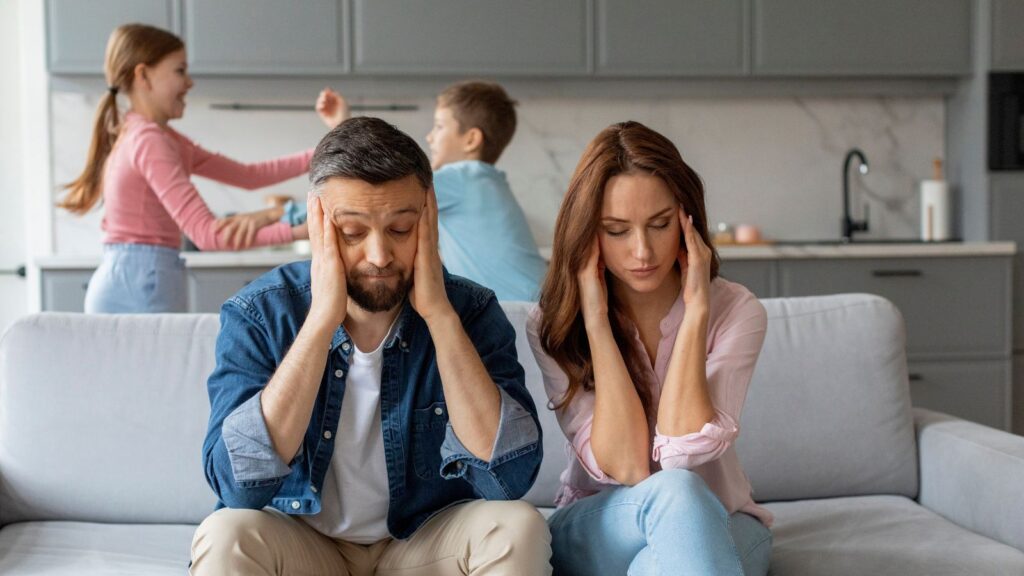
Choosing not to have children is still a controversial decision for many, and those who opt out of parenthood often face judgment or pressure to conform to traditional family structures. But the truth is that choosing to have a child is one of the biggest decisions a person can make, and there are a plethora of selfless reasons why someone may make this choice.
Embracing Alternative Lifestyles
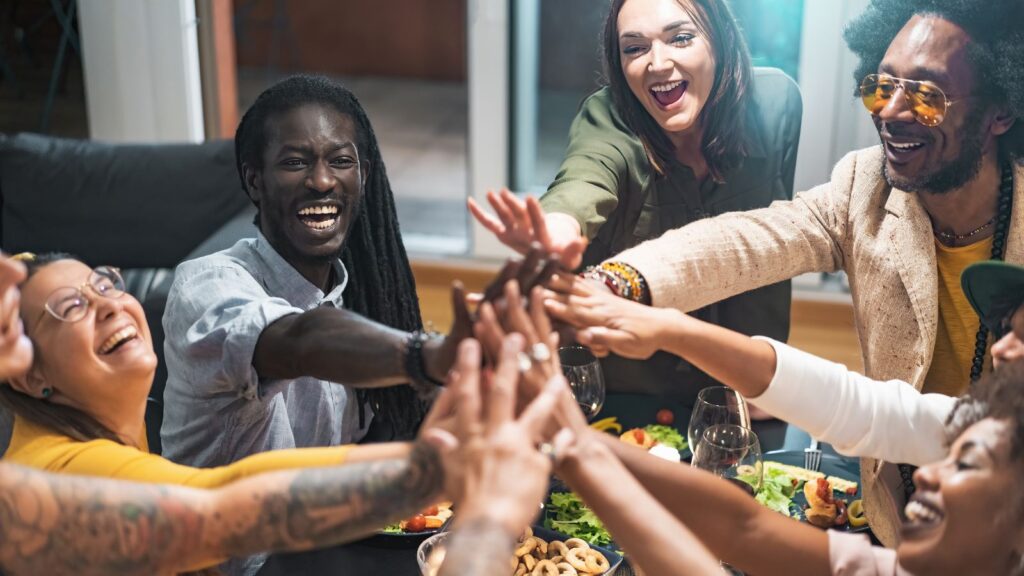
Living in ways that deviate from the norm, whether through communal living, nomadism, or unconventional family structures, often invites scrutiny and misunderstanding. People often fear what is different and then try to rationalize how it is “bad” simply because they can’t relate to it. Nowadays the way people live has evolved massively, and there are so many other options than a house in suburbia with a white picket fence. Being open to the fact that lifestyle choices aren’t a “one size fits all” kind of thing can help to cultivate understanding and appreciation of others' right to choose.
Refusing Alcohol

Choosing not to drink alcohol can lead to social alienation, as most people who are drinking prefer to be around other people who are also drinking. Whether for health, personal preference, or religious reasons, opting out of alcohol is often met with suspicion or pressure to conform.
Mental Health Conversations

Despite growing awareness, openly discussing mental health struggles still makes many people uncomfortable, and the stigma surrounding mental health issues discourages people from seeking help or sharing their experiences.
Wearing the Same Outfit
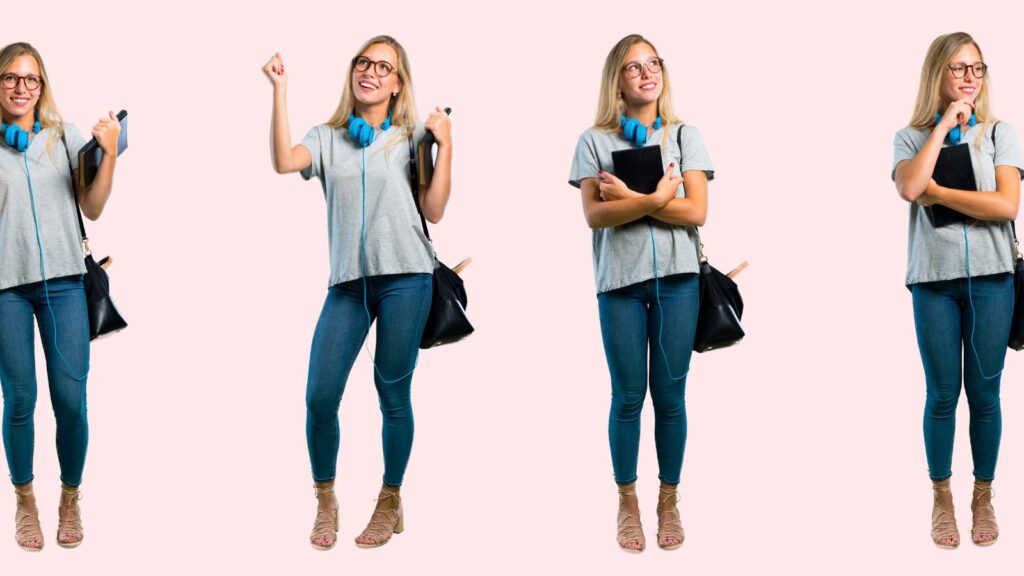
Wearing the same clothes multiple days in a row, especially in social or professional settings, is often seen as a lack of hygiene or fashion sense, despite the practicality and environmental benefits.
Eating Alone

Dining solo at a restaurant can make people feel self-conscious, as society has traditionally viewed eating alone as a sign of loneliness or social inadequacy rather than a personal choice. But in 2024, there has been a trend on social media that actually advocates for embracing the freedom of this experience.
Working in Non-Traditional Jobs

Pursuing careers in the arts, trades, or other non-traditional fields can be met with skepticism, and these choices are often undervalued compared to more conventional career paths like doctors or accountants, despite their importance and fulfillment.
Declining Social Invitations
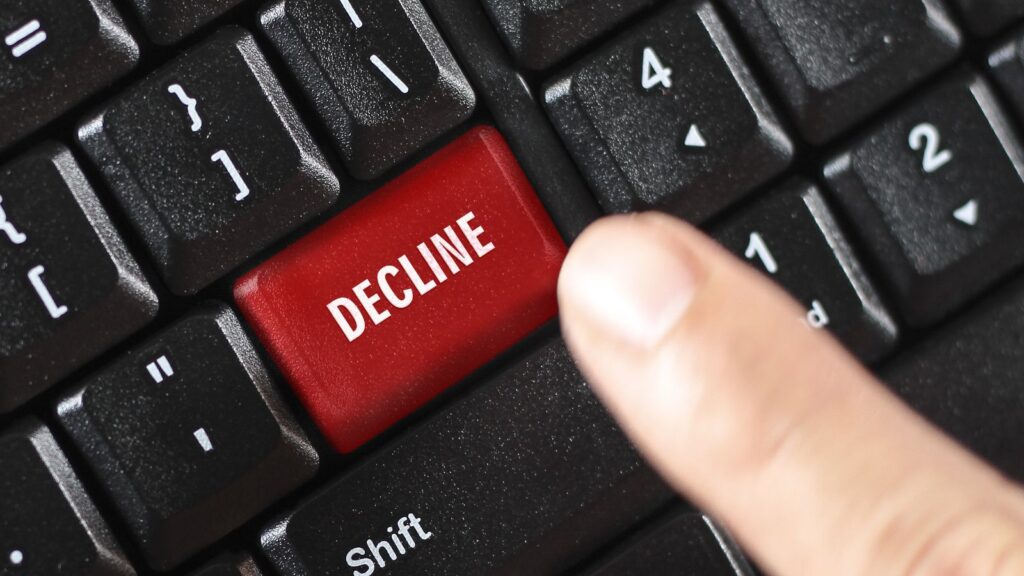
Turning down social invites, especially without a “valid” reason, can be seen as antisocial or rude, and because of this stigma to saying “no,” people often feel pressured to attend events they would rather skip.
Taking a Mental Health Day
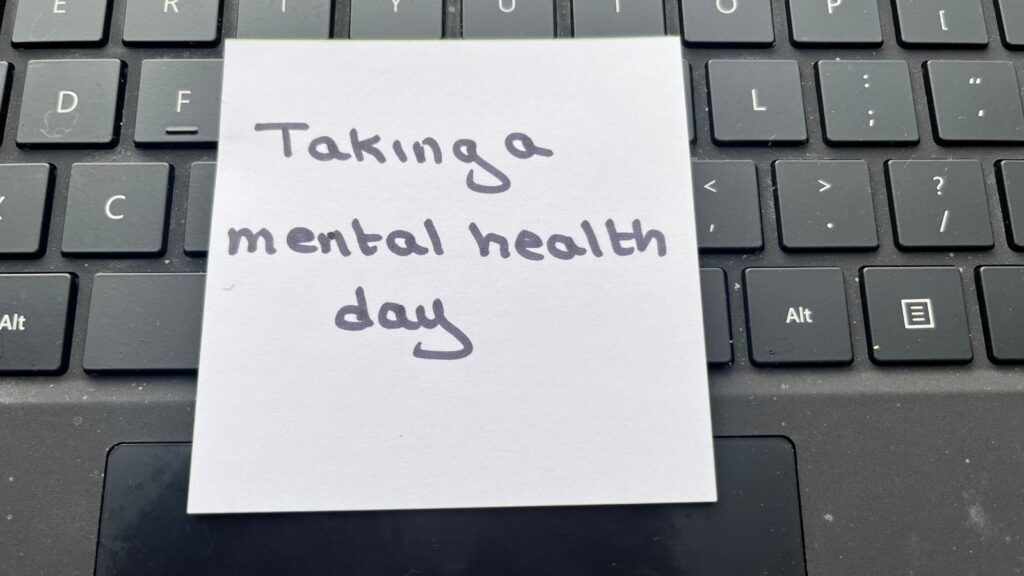
Taking a day off work for mental health reasons is often judged harshly compared to taking a sick day for physical health. This disparity highlights ongoing misunderstandings about mental health, which thankfully are changing, even if it is slowly.
Public Displays of Affection
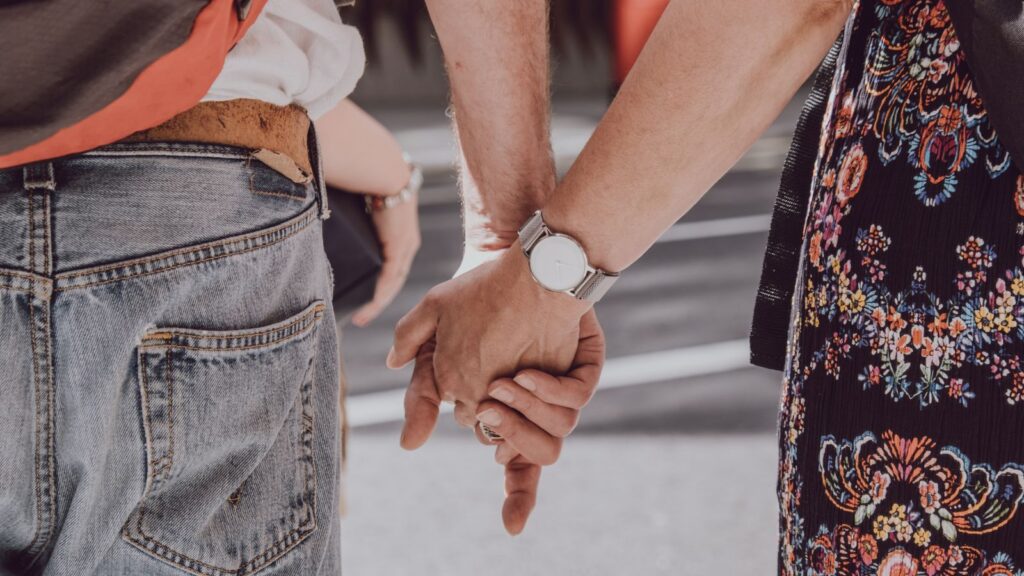
While holding hands might be fine, anything beyond that often raises eyebrows, and public displays of affection (PDA) are still considered inappropriate in many cultures despite their harmless nature.
Going Barefoot
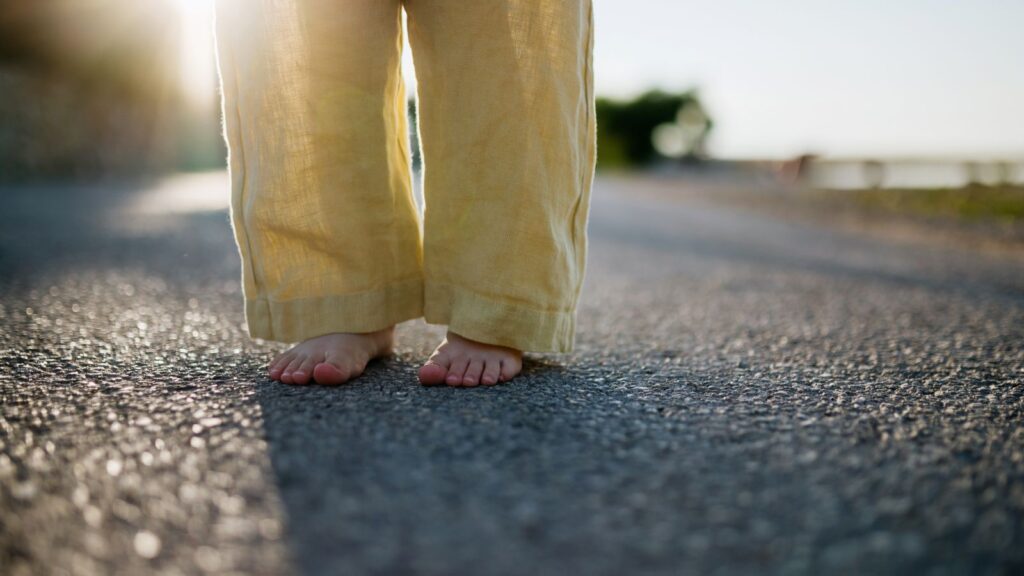
Walking around barefoot, especially in urban areas, is often frowned upon. This aversion could stem from concerns about hygiene or simply societal norms about dress codes.
Using Public Transport as a Choice

Opting for public transport over driving is sometimes seen as a sign of lower social status despite its environmental benefits and cost savings.
Expressing Emotions Openly

Showing strong emotions, such as crying in public, is often deemed inappropriate, and Western Society tends to expect people to maintain a certain level of composure, regardless of their feelings.
Rejecting Technology
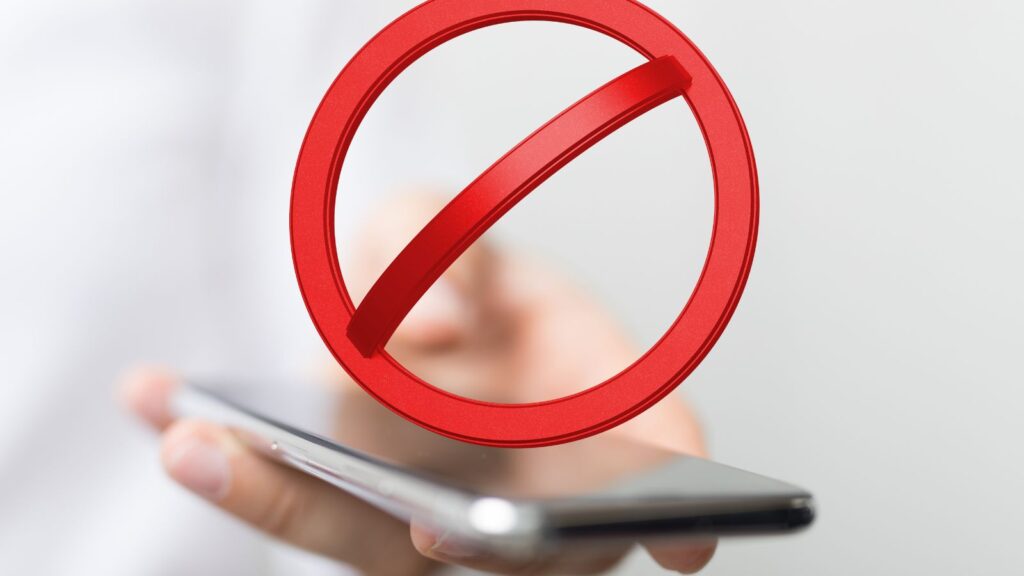
Choosing to limit or reject the use of technology, like smartphones or social media, can be viewed as odd or out of touch despite the mental health and productivity benefits of such a choice.
Minimalist Lifestyle

Living with fewer possessions, though practical and environmentally friendly, is often seen as unconventional. Society tends to equate success with material wealth, making minimalism a curious choice for many, but it is becoming more popular, especially among younger generations.
Acceptable Behavior Changes Constantly

Society's perception of acceptable behavior is constantly changing. What might be frowned upon today could become the norm tomorrow. By challenging these societal taboos, we open the door to a more understanding and inclusive society. It's time to question these norms and start embracing the diversity of human behavior; we are all different, but we are all equal.
30 Traditional Sayings That Are Now Considered Offensive by Woke Culture

30 Traditional Sayings That Are Now Considered Offensive by Woke Culture
21 Habits Often Associated With Having a Lower Social Status

21 Habits Often Associated With Having a Lower Social Status
25 Social Issues Gen Z are Determined to Cancel

